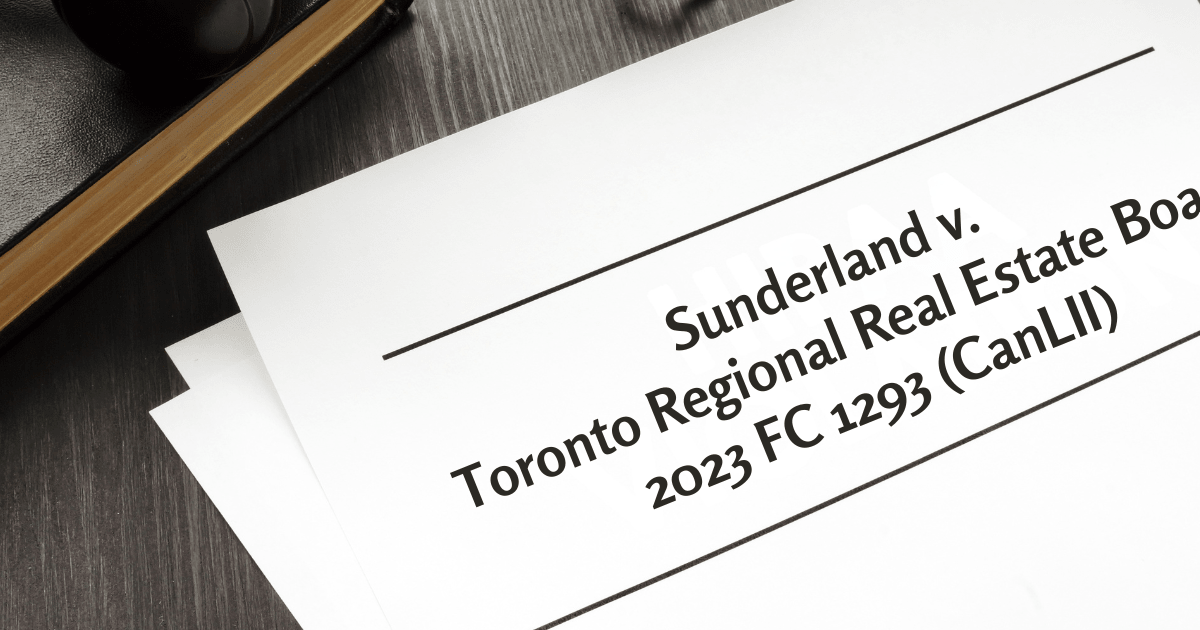The Russian Federal Anti-Monopoly Service (FAS) and the Accounts Chamber (the parliamentary body of financial control in Russia) is designing a new legislative base for the Russian real estate industry.
According to a recent report of FAS, the absence of legislative framework regulating the activities of real estate brokers in Russia does not guarantee the rights of consumers. A new package of laws is needed to better regulate activities and provide transparency to the industry in Russia, says the report.
The same position is shared by the Russian Federal Financial Monitoring Service (Rosfinmonitoring), a service that was established to fight money laundering.
The Accounts Chamber says the lack of proper regulation also gives poor protection to the rights of domestic real estate brokers, who are often victimized by “criminalized elements,” including crimes organized by corrupt state officials and municipal employees.
The proposed laws will return the practice licensing real estate brokers. It was abolished in 2002 and replaced by a certification scheme.
According to Rosfinmonitoring, the total number of real estate brokers in Russia, including individual entrepreneurs, is estimated at more than 11,000, and despite the current crisis in the country caused by Western sanctions, it continues to grow.
Constantine Aprelev, vice president of the Russian Guild of Realtors, says the activities of most Russian brokers are self-regulated. In order to become a real estate broker, each applicant must pass an exam. Passing these exams has become a formality in Russia in recent years, as long as the right bureaucrats were paid.
The situation is aggravated by the ever growing share of the shadow market, which is comprised of so-called “black brokers” that have no legal obligations to their clients and do not pay taxes.
The return of licensing of real estate activities in Russia was proposed by President Vladimir Putin in April 2015, but a final decision regarding this issue has not yet been made.
Leading Russian real estate agencies support the FAS proposal. Elena Velizhanskay, head of Berdsk real estate agency, one of Russia’s largest real estate agencies, says Russia needs more strict legislation.
“Brokerage activities in the field of real estate is a relatively young type of business in Russia, which was permitted only after the collapse of the USSR in 1991,” says Velizhanskay. “Such business often involves the turnover of large amounts of money. Therefore, brokers must be kept under close surveillance of the national legislation.”
The draft of the federal law was tabled in the Russian Parliament (State Duma) in 2011, but it has not yet been adopted, says Velizhanskay. “The adoption of the law is very important, as it will establish uniform regulations on the activities of real estate agents throughout the Russian Federation and will contribute to the further development of this business in the country,” she says.
According to analysts of the Russian Ministry of Industry and Trade, a state agency that is responsible for the monitoring of the activities of real estate brokers in Russia, many real estate transactions in the Russian market are tainted by fraud and deception, so the new law should contain rules for the protection of rights of consumers of real estate services.
In addition, the new law will ensure that accurate information about properties and their owners are provided to real estate brokers by the Russian government and regional authorities, who have been reluctant to release this information in the past. Russian brokers and notaries have been granted direct access to the Russian Unified State Register of Rights to Immovable Property and Transactions, a state database for real estate in Russia.
Some legislative measures have already taken place. For example, a recent state order has significantly sped up the registration of deals and eliminated some bureaucratic hurdles.
Eugene Vorotnikov is a contributing writer for REM.















